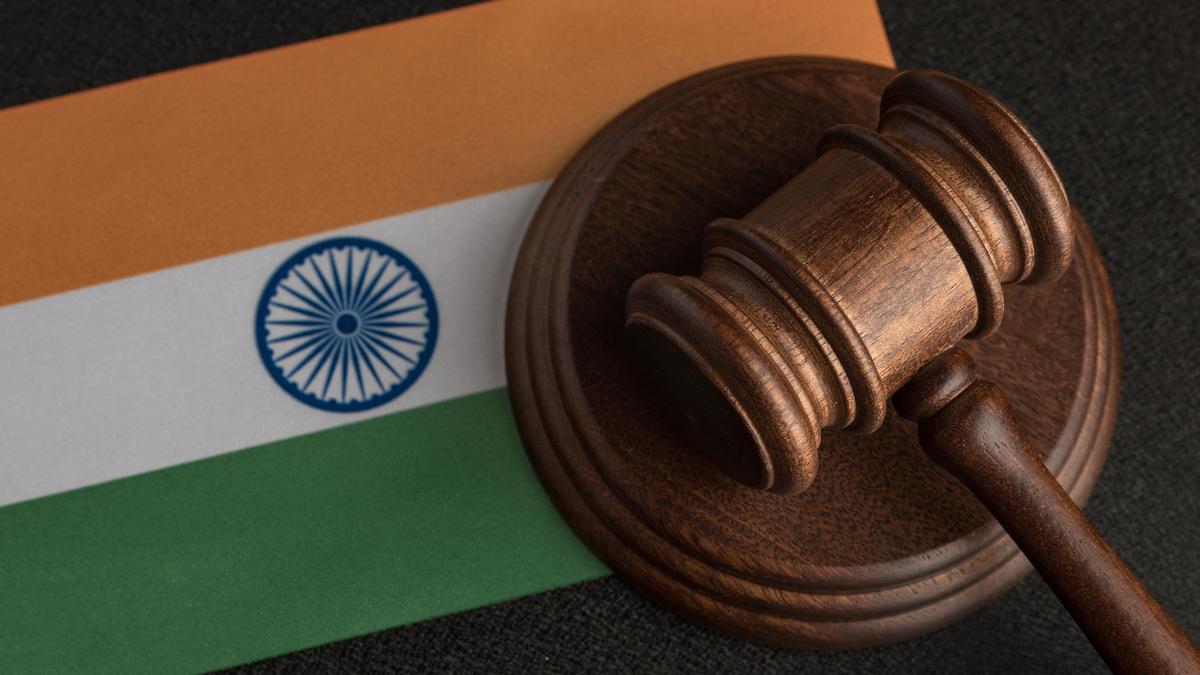News Highlights:
- Recently, the Supreme Court (SC) has rejected ‘suggestions’ offered by the government in a sealed cover on the formation of a proposed committee to enquire into the Hindenburg report on the Adani Group.
- The Centre Government had earlier proposed the names of committee members to assess the market regulatory framework and recommend measures related to the Adani-Hindenburg issue.
Sealed cover jurisprudence:
- About:
- It is a practice used by the Supreme Court and sometimes lower courts of asking for or accepting information from government agencies in sealed envelopes that judges can only access.
- A specific law does not define the doctrine of sealed cover.
- The Supreme Court derives its power to use it from Rule 7 of Order XIII of the Supreme Court Rules and Section 123 of the Indian Evidence Act of 1872.
- Rule 7 of Order XIII, SC Rules:
- It is stated under the said rule that if the Chief Justice or court directs certain information to be kept under sealed cover or considers it of confidential nature, no party would be allowed access to the contents of such information, except if the Chief Justice himself orders that the opposite party be allowed to access it.
- It also mentions that information can be kept confidential if its publication is not considered in the public’s interest.
- Section 123, Indian Evidence Act of 1872:
- As for the Evidence Act, official unpublished documents relating to state affairs are protected, and a public officer cannot be compelled to disclose such documents.
- Other instances where information may be sought in secrecy or confidence is when its publication impedes an ongoing investigation, such as details which are part of the police’s case diary or breaches an individual’s privacy.
- Grounds of secrecy:
- When information is connected to an ongoing investigation,
- When information details that are part of the police’s case diary
- When it involves the privacy of an individual whose disclosure may result in violation of an individual’s privacy or breach of trust.
Issues with sealed jurisprudence:
- Transparency and accountability:
- According to the concept of an open court, where judgements can be made available for public review, critics of this practise claim that it damages the values of accountability and transparency of the Indian legal system.
- It contrasts the idea of an open court, where decisions can be subjected to public scrutiny.
- Scope of arbitrariness in court decisions:
- Sealed covers are dependent on individual judges looking to substantiate a point in a particular case rather than common practice.
- Judges are required to provide the reasoning behind their judgments, but when those conclusions are based on sensitive information, this is not possible.
- This makes the practice ad-hoc and arbitrary.
- State privilege:
- There are questions arising about whether the state should be given the right to submit information in secret, given that existing protections—like closed-door hearings—already sufficiently safeguard sensitive data.
- Obstructs fair trials:
- The use of sealed cover jurisprudence can interfere with the right to a fair trial, as the parties may not have access to all the relevant evidence or arguments that are considered in the decision-making process.
Pic Courtesy: The Hindu
Content Source: The Hindu



